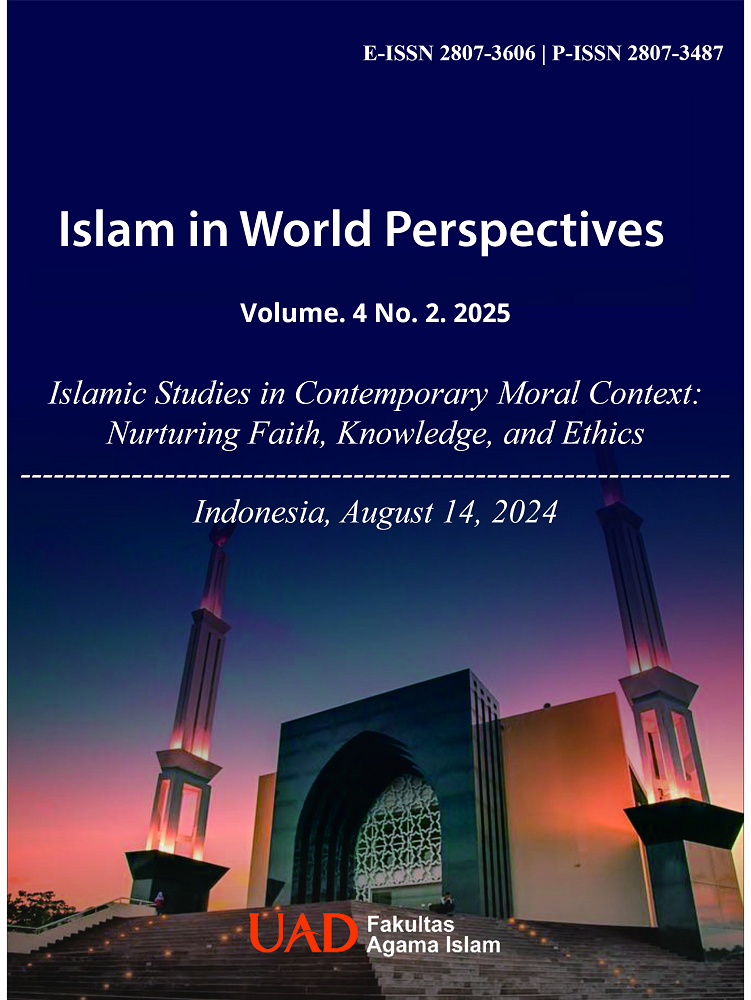Bloom's Taxonomy Study: Reconstruction of Low-Level to High-Level Thinking Skills in Arabic Language Education Competency Test Questions for Grade XII
Abstract
In 2018, the Indonesian Ministry of Education implemented a policy on integrating Strengthening Character Education and learning oriented towards High Order Thinking Skills or HOTS. The study aimed to develop LOTS-level questions in Arabic language education subjects for grade XII SMA/K into HOTS-level questions. This study uses the Design Based Research method. The development of this model consists of 4 stages, namely 1) the identification and analysis of problems by researchers and practitioners collaboratively, 2) the developing of solutions based on theoretical benchmarks, existing design principles, and technological innovations, 3) carrying out an iterative process to test and improve solutions practical 4) reflection to produce design principles and improve the implementation of practical solutions. The results of this study show that students can easily work on LOTS questions with an average score of 83. When given HOTS questions, they get a lower average score of 62. From the results of the research that has been conducted, the researcher found that 82 questions were still at the LOTS level. LOTS level questions can be developed into HOTS level questions using 1) analyzing language rules (C4), 2) linking meaning relations (C4), 3) analyzing paragraph understanding (C5), 4) comparing word meanings (C6), 5) analyzing sentence structure (C4), 6) analyzing language rules (C4).
Downloads
Published
Issue
Section
License
Copyright (c) 2024 Muhammad Irfan Faturrahman, Marsekal Rahman Hakiem, Rika Astari

This work is licensed under a Creative Commons Attribution-ShareAlike 4.0 International License.
Authors who publish with Islam in world perspectives agree to the following terms:
- Authors retain copyright and grant the journal right of first publication with the work simultaneously licensed under a Creative Commons Attribution License (CC BY-SA 4.0) that allows others to share the work with an acknowledgment of the work's authorship and initial publication in this journal.
- Authors are able to enter into separate, additional contractual arrangements for the non-exclusive distribution of the journal's published version of the work (e.g., post it to an institutional repository or publish it in a book), with an acknowledgment of its initial publication in this journal.
- Authors are permitted and encouraged to post their work online (e.g., in institutional repositories or on their website) prior to and during the submission process, as it can lead to productive exchanges, as well as earlier and greater citation of published work.

This work is licensed under a Creative Commons Attribution-ShareAlike 4.0 International License.



